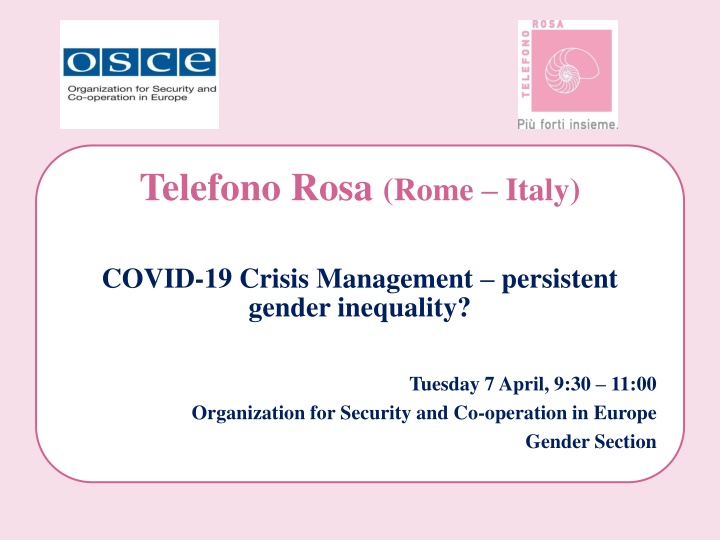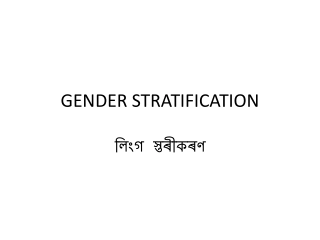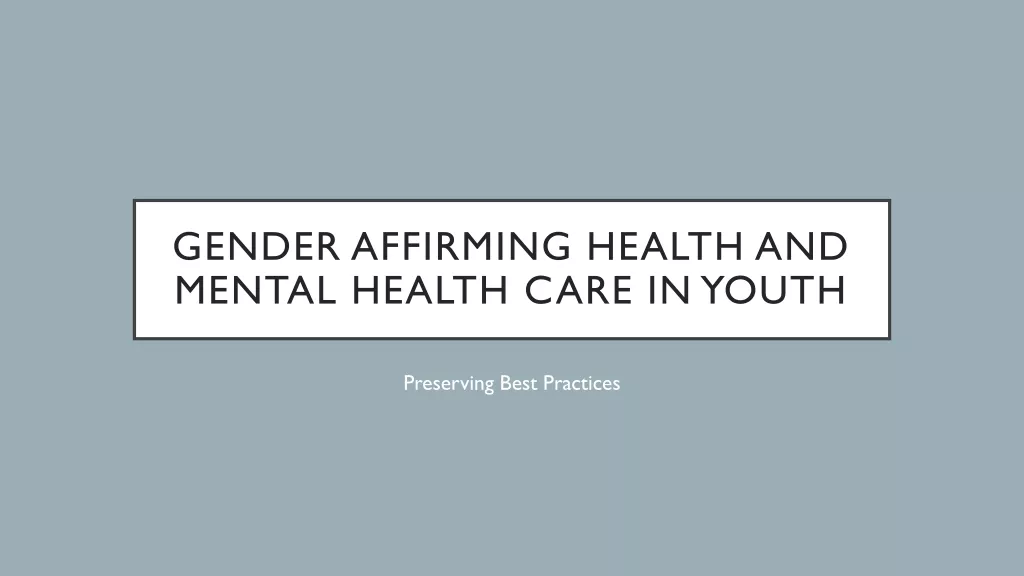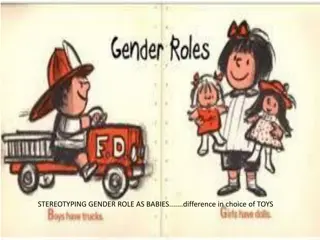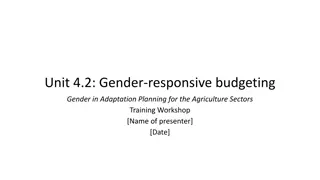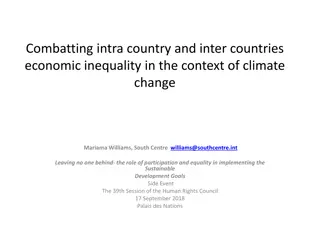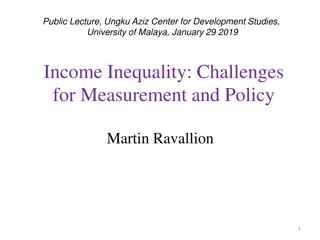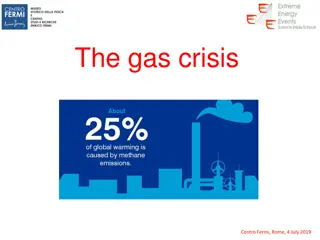Addressing Persistent Gender Inequality in the COVID-19 Crisis: Role of Telefono Rosa in Rome, Italy
The Telefono Rosa in Rome, Italy, has been crucial in providing free support services to women facing male violence since 1988. Amid the COVID-19 crisis, there are concerns about the impact on women victims and the regression in gender equality. Recommendations are made to strengthen support for women during this challenging time.
Download Presentation

Please find below an Image/Link to download the presentation.
The content on the website is provided AS IS for your information and personal use only. It may not be sold, licensed, or shared on other websites without obtaining consent from the author.If you encounter any issues during the download, it is possible that the publisher has removed the file from their server.
You are allowed to download the files provided on this website for personal or commercial use, subject to the condition that they are used lawfully. All files are the property of their respective owners.
The content on the website is provided AS IS for your information and personal use only. It may not be sold, licensed, or shared on other websites without obtaining consent from the author.
E N D
Presentation Transcript
Telefono Rosa (Rome Italy) COVID-19 Crisis Management persistent gender inequality? Tuesday 7 April, 9:30 11:00 Organization for Security and Co-operation in Europe Gender Section
The Telefono Rosa is one of the most important Italian organization that has offered free assistance and support services to women victims of male violence since 1988.
IN ANTI-VIOLENCE CENTERS: Telephone reception Listening with a welcoming and non judgemental approach Psychological support Advice, both civil and criminal Banking advice Service and work orientation Support for minors who are whitnesses or victims of male violence
IN SHELTERS: The Telefono Rosa provides security for women victmis of male violence and their children, providing them with hospitality, accomodation and all the usefull services for their complete escape from the vortex of violence they suffered and for their reintegration into the society.
For young people, instead, there is need to implement the communication on the web, on social channels, like the Telefono Rosa is doing now. In the supermarkets, in the pharmacies and para- pharmacies, in the hospitals and in all the places where women access, the diffusion of the anti violence toll free number 1522, active 24/7, should be strenghthened, also through the display of signs. The Telefono Rosa is continuing to provide the same services that it routinely offers, by telephone, chat, email and other computerised means of distance communication. Women are the mostly exposed expose to the danger of suffering "domestic violence". IMPACT OF THE COVID-19 ON WOMEN VICTIMS OF MALE VIOLENCE.
IMPLICATIONS OF THE COVID- 19 ON GENDER EQUALITY AND ON WOMEN VICTIMS OF MALE VIOLENCE. Regression in terms of gender equality. The gender stereotype that confines the role of the woman to that of a caretaker of the home and family will be restored. The truthfulness of this image will also be consolidated in women and at the same time the drive to change this condition that we had with the time generated will come to a halt.
RECOMMENDATIONS TO STATES AND INTERNATIONAL ORGANIZATIONS ON ACTIONS TO BE TAKEN TO ENSURE GENDER EQUALITY AND COMBAT MALE VIOLENCE AGAINST WONEN AFTER THE COVID 19 EMERGENCY. Multi-target campaigns promoting women's empowerment, self- determination and gender equality. Involving men and not only women on equal opportunities and combating male violence against women. Open the "debate" to men. Recognise the social function of motherhood. States and not private individuals (the employer) should take full responsibility for it.
Strengthen the tools that allow forms of work-life balance, but above all that allow women to cover the same roles that today are reserved exclusively for men (smart working, parental leave, bonus to provide for babysitting expenses). These forms of work-life balance should also be recognised for men. Encouraging companies to hire women. Facilitate female entrepreneurship. Offer job opportunities to women so that they can become autonomous and independent. In the transition period to the implementation of the system, the payment of an economic subsidy.
A woman who is forced to go home because of her husband's will or because she is unable to take care of her children or family should receive an economic subsidy/salary to enable her to start a path towards independence. The state should encourage local authorities to provide housing solutions for women who have suffered violence. In an urgent way, make the woman feel part of a network that does not leave her alone and that makes her feel protected. Promote the interaction of the subjects that make up the inter-institutional territorial anti-violence network (associations of reference, public services, courts, prosecutors' offices, prefectures, health care companies, educational institutions, sports centres, associations that take charge of men who commit violence).
